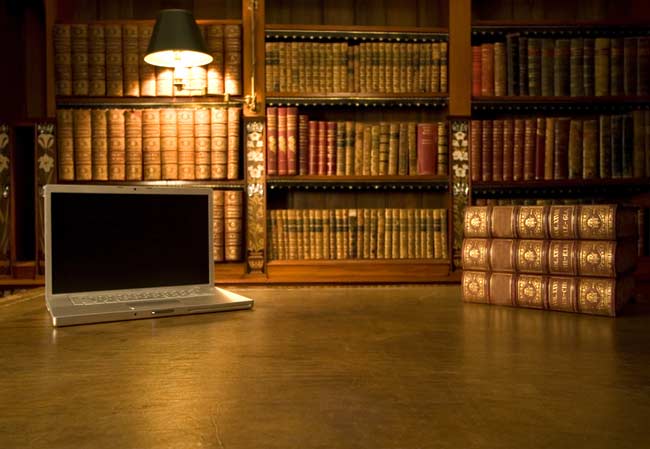Top 10 Most Literate U.S. Cities

Get the world’s most fascinating discoveries delivered straight to your inbox.
You are now subscribed
Your newsletter sign-up was successful
Want to add more newsletters?

Delivered Daily
Daily Newsletter
Sign up for the latest discoveries, groundbreaking research and fascinating breakthroughs that impact you and the wider world direct to your inbox.

Once a week
Life's Little Mysteries
Feed your curiosity with an exclusive mystery every week, solved with science and delivered direct to your inbox before it's seen anywhere else.

Once a week
How It Works
Sign up to our free science & technology newsletter for your weekly fix of fascinating articles, quick quizzes, amazing images, and more

Delivered daily
Space.com Newsletter
Breaking space news, the latest updates on rocket launches, skywatching events and more!

Once a month
Watch This Space
Sign up to our monthly entertainment newsletter to keep up with all our coverage of the latest sci-fi and space movies, tv shows, games and books.

Once a week
Night Sky This Week
Discover this week's must-see night sky events, moon phases, and stunning astrophotos. Sign up for our skywatching newsletter and explore the universe with us!
Join the club
Get full access to premium articles, exclusive features and a growing list of member rewards.
Once again, bookworms in the Midwest and Pacific Northwest have beaten out Yankee types to reach the very top of a researcher’s list of the most literate American cities.
Minneapolis and Seattle tied for the top ranking this year, based on local newspaper and magazine circulation, library data, online news readership, book purchases and resources, and educational attainment.
Here is the full Top 10 Most Literate list for 2008 (OK, there are 11 cities on the list) generated by Jack Miller, president of Central Connecticut State University:
Minneapolis (tied for 1st) Seattle (tied for 1st) Washington, D.C. St. Paul, Minn. San Francisco Atlanta Denver Boston St. Louis Cincinnati (tied for 10th) Portland, Ore. (tied for 10th)
Miller's research for this year's "America's Most Literate Cities" was conducted in collaboration with the Center for Public Policy and Social Research at Central Connecticut State University. The original AMLC study was published online in 2003 at the University of Wisconsin-Whitewater. The data for the 2008 analysis came from the U.S. Census Bureau, American Booksellers Association, Audit Bureau of Circulations, Yellow Pages and other sources.
Here are the top 5 ranked cities for 2007, in declining order: Minneapolis, Seattle, St. Paul, Denver and Washington, D.C. In 2006, the top 5 were Seattle, Minneapolis, Atlanta, Washington, D.C., and St. Paul. In 2005: Seattle, Minneapolis, Washington, D.C., Atlanta and San Francisco.
The AMLC study attempts to capture the literacy of major U.S. cities with populations of 250,000 and above, presenting a large-scale portrait of the nation’s cultural vitality.
Get the world’s most fascinating discoveries delivered straight to your inbox.
"From this data we can better perceive the extent and quality of the long-term literacy essential to individual economic success, civic participation, and the quality of life in a community and a nation," Miller said.
Contrary to popular wisdom, Internet use correlates with reading words printed on paper, Miller found. Cities ranked highly for having better-used libraries also have more booksellers; cities with more booksellers also have a higher proportion of people buying books online; and cities with newspapers with high per capita circulation rates also have a high proportion of people reading newspapers online.
"A literate society tends to practice many forms of literacy not just one or another," Miller said.
However, when the literacy lens is opened to look at the picture worldwide, in terms of per-capita paid newspaper circulation, the United States ranks No. 31 in the world.
The Republic of Korea, Singapore, Venezuela, Finland, Greece, the United Kingdom, Sweden and Norway, among others, all significantly surpass U.S. circulation rates — often at a substantially higher cost to consumers, Miller said.
- The Greatest Modern Minds
- 5 Ways to Beef Up Your Brain
- Top 10 Mysteries of the Mind
 Live Science Plus
Live Science Plus











